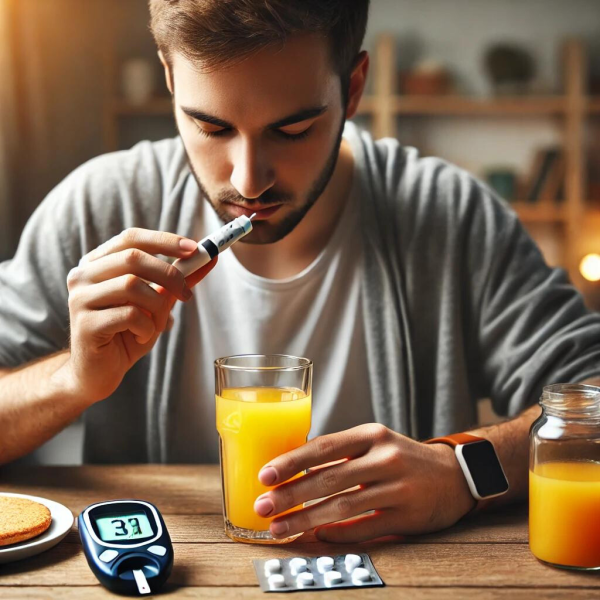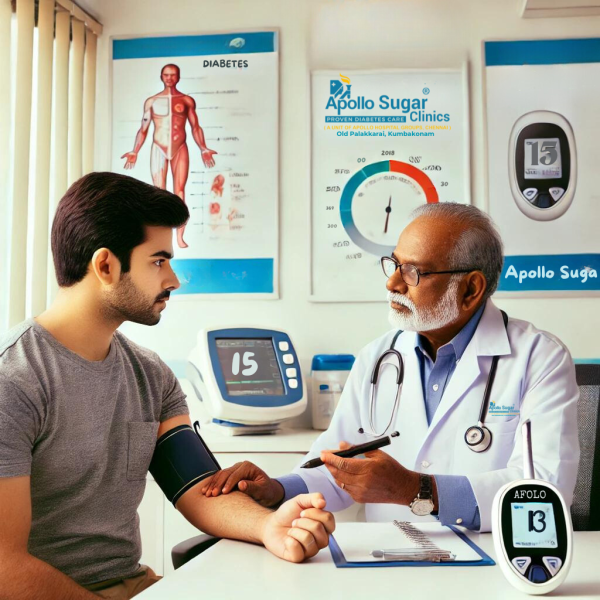Introduction
Are you or a loved one dealing with hypoglycemia in Kumbakonam? Managing hypoglycemia is crucial for maintaining your overall health and well-being. At Apollo Sugar Clinics, we specialize in providing comprehensive care and effective treatments for hypoglycemia to help you live a healthy, balanced life.

